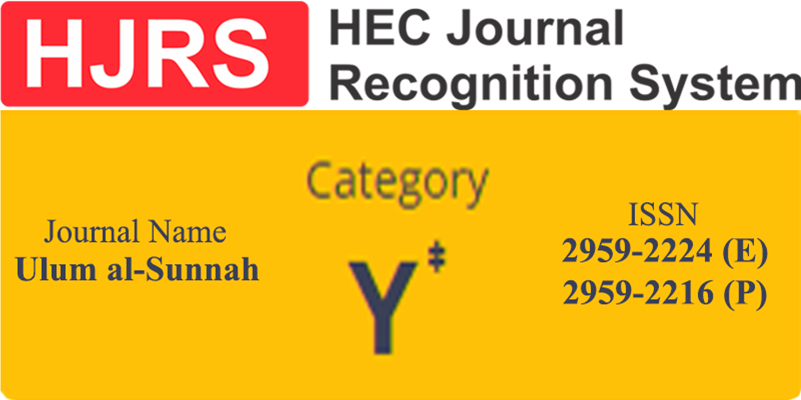وزیرستانی سماج میں نکاح کی عملی صورتیں: شرعی اصولوں کے تناظر میں ایک تحقیقی مطالعہ
Practical Forms of Marriage in Waziristani Society: An Analytical Study in the Light of Islamic Principles
Keywords:
Waziristani Marriage Practices, Tribal Customs, Islamic Marriage Principles, Social Reforms, Gender Rights, Mutual Consent, Marriage Ethics, Islamic SocietyAbstract
Waziristani marriage practices are deeply rooted in centuries-old tribal customs and traditions. The Waziristani society conducts marriage according to its specific cultural and traditional patterns, often sidelining the Islamic legal perspective on marriage, which emphasizes mutual consent and formal agreement between the parties. In contrast, Islam considers marriage a sacred and natural bond that fulfills the natural desires of men and women in a lawful and dignified manner. It also ensures the protection of the moral and physical rights of both men and women through comprehensive principles of Fiqh (Islamic jurisprudence). This research evaluates the different forms of marriage prevalent in Waziristan society in light of Islamic principles to determine which of these are compatible with Shariah and which are not acceptable under Islamic law. This analytical study can serve as an effective tool for social reform in Islamic societies and can play a vital role in correcting tribal misconceptions about marriage in light of Islamic teachings.
Downloads
Published
How to Cite
Issue
Section
License
Copyright (c) 2025 Sana Ullah, Neelam Tariq

This work is licensed under a Creative Commons Attribution-NonCommercial 4.0 International License.
This is an open-access journal which means that all content is freely available without charge to the user or his/her institution. Users are allowed to read, download, copy, distribute, print, search, or link to the full texts of the articles, or use them for any other lawful purpose, without asking prior permission from the publisher or the author. All articles are available on the internet to all users immediately upon publication. Non-commercial use and distribution in any medium are permitted, provided the author and the journal are properly credited.










 Research Journal Indexed by Google Scholar
Research Journal Indexed by Google Scholar